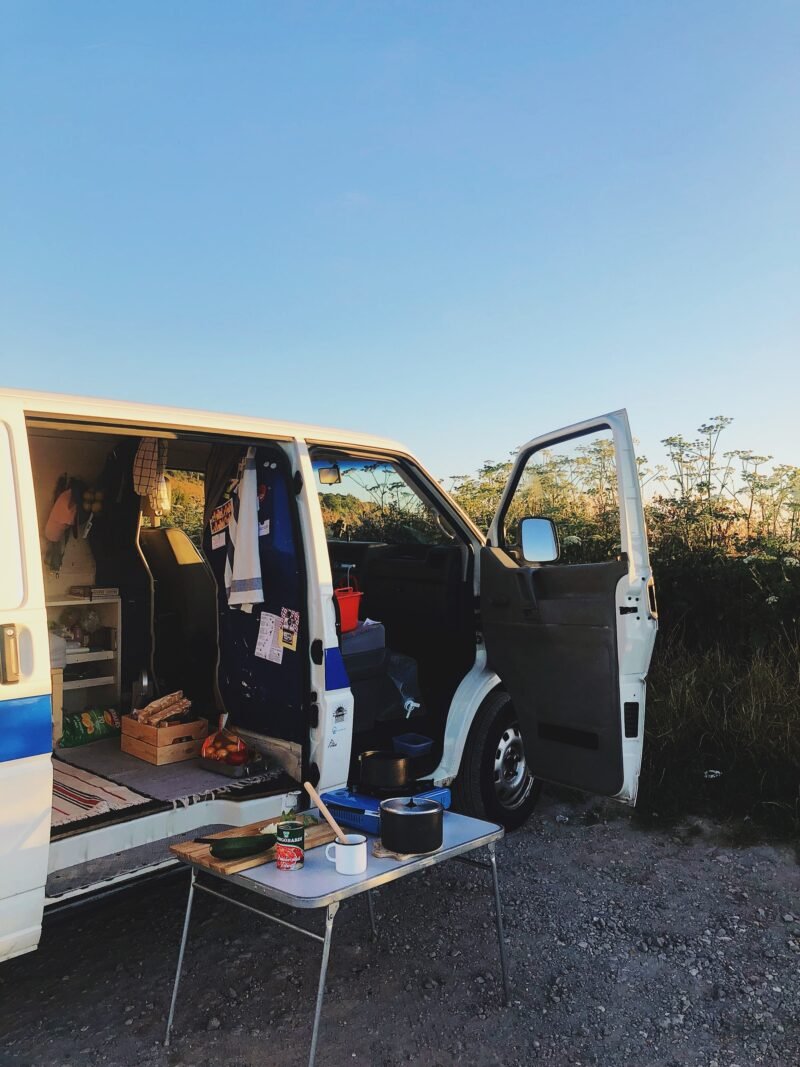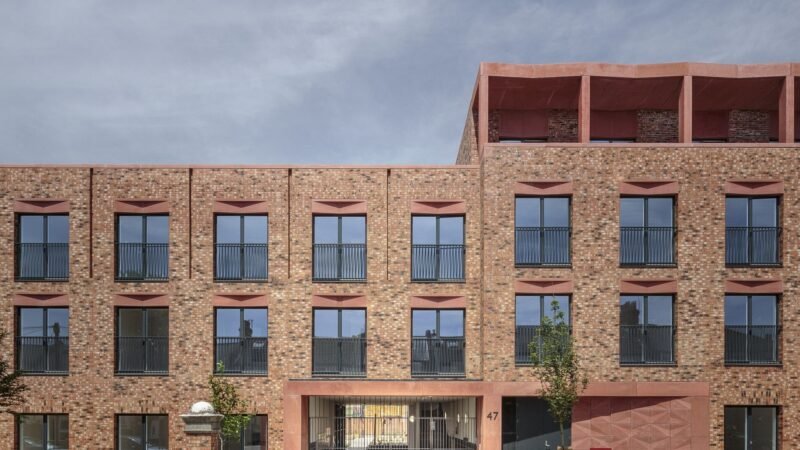Shared Living, Reinvented
The housing markets in New York City, San Francisco and other popular cities are incredibly crunched. Startups and venture capitalists alike seem to have found the solution: shared housing, or co-living.
Living with roommates in large and crowded cities is not a new thing and has always existed. What’s different now? The number of 18 to 35-year-olds living with roommates has doubled since 1980 and a new generation of co-living companies are trying to make shared housing a billion-dollar business. They are seeing an opportunity to provide flexible housing for affluent millennials, who are attracted to urban areas at a higher rate than any other previous generation. Back in January, we wrote about London’s The Collective, an innovative building concept that offers a next-generation co-living environment for contemporary urban nomads.


The Collective
WeWork, the co-working trendsetter and the landlord to a new generation of tech startups is hoping to make it big in co-living with WeLive. Their model is to rent space from a landlord, convert it to small dorms that come with a shared space, to support a sense of community, and rent them out on a monthly basis. WeLive is currently in the early stages of beta testing this “new, community-driven living concept” on Manhattan’s Wall Street.

WeLive’s private units start at $2,550


Community engagement through the WeLive smartphone app
Common, a startup with ambitions to make co-living as big as the prevailing trend of co-working, opened its first space in Brooklyn’s Crown Heights last October. Common is, according to its founder, taking a way of living and making it better, designing an experience for what people are essentially already doing. For about $1,800 monthly in rent, Common provides a fully furnished apartment, private bedroom, access to two bathrooms, a living area and brand new kitchen. Private rooftop garden, cleaning and laundry and, of course, super-fast Wi-Fi is all included. The twist? You’ll share it with other people — who you don’t get to choose. The rent is is slightly higher than an average studio apartment in the Crown Heights neighborhood, so its housing wrapped in a different package.
Back in Manhattan’s Kip’s Bay, a real estate startup called Stage3, has opened up a branded solution to what they call the woes of the shared-housing experience — Ollie (a phonetic play on ‘all-inclusive’). And as it goes with housing in Manhattan, it doesn’t come cheap. At prices ranging between $2,500 and $3,000 a month, Ollie provides an all-inclusive living experience that addresses many of the problems facing people who are looking for a nice place to live in a good neighborhood, and might not be able to afford a studio, and who want to avoid terrible roommate situations and ill-suited tenement style accommodations. But the main focus seems to be put on all the extra amenities that come with living at Ollie — work spaces, juice bars, pools, gyms, spa areas, roof decks, flex space and lounges.



Ollie
Ollie provides its members hotel-style conveniences, even housekeeping, entirely included in the rent. They are also collaborating with home manager app Alfred, what means coming home to a freshly made bed and a fully stocked fridge. So, in turn for living in private micro-suites that don’t come cheaper than regular apartments, people can enjoy sharing a wide variety of luxury amenities.

Ollie’s all about convenience
These cities need housing, there is no question about it, so anything that brings new housing to the market in an incredibly housing crunched city is a positive thing. But as this co-living movement is hot now, with low-interest rates and soaring rents, the risk of a new housing bubble remains.



